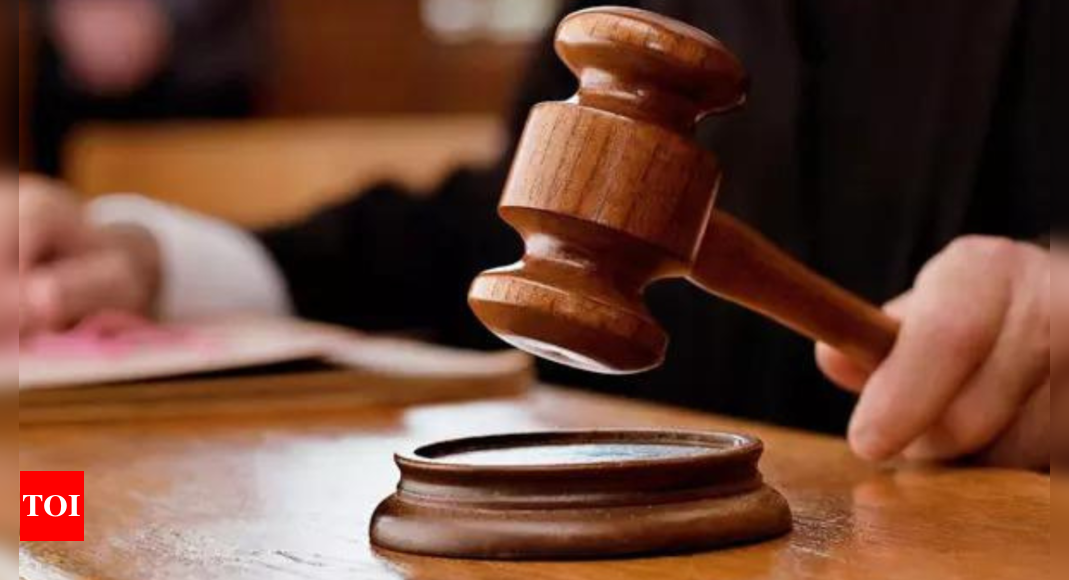The Supreme Court has declared that it is mandatory to obtain the opinion of the presiding judge or court before making a decision on a remission plea for convicted individuals. The court has emphasized that the guidelines outlined in Section 432(2) regarding seeking the opinion of the convicting court must be strictly adhered to and cannot be left to the discretion of the government. The Gujarat government’s argument that the trial court’s opinion is optional has been rejected by the court. According to the bench comprising Justices B V Nagarathna and Ujjal Bhuyan, the presiding judge of the court that handled the conviction can never be a member of the Jail Advisory Committee responsible for reviewing remission pleas.
The court has laid down the requirement for the presiding judge to provide an opinion stating whether the remission plea should be granted or refused, along with supporting reasons. The reasons should be based on the facts and circumstances of the case, and the opinion should have a direct connection to the trial proceedings. The court has also mentioned that several factors need to be considered when deciding a remission plea. These factors include whether the offense was an isolated act that did not affect society at large, the likelihood of the convict committing future crimes, the loss of potential criminality in the convict, the purpose of confining the convict further, and the socio-economic condition of the convict’s family.
This ruling by the Supreme Court clarifies the importance of seeking the opinion of the convicting court and ensuring that the prescribed guidelines are followed in all remission cases. By making it mandatory to obtain the opinion, the court aims to bring more transparency and adherence to procedural safeguards in the remission process. The ruling also highlights the significance of considering various aspects when deciding a remission plea, affecting not only the convicted individual but also the impact on society and the well-being of their family.
(Source: Times of India)










